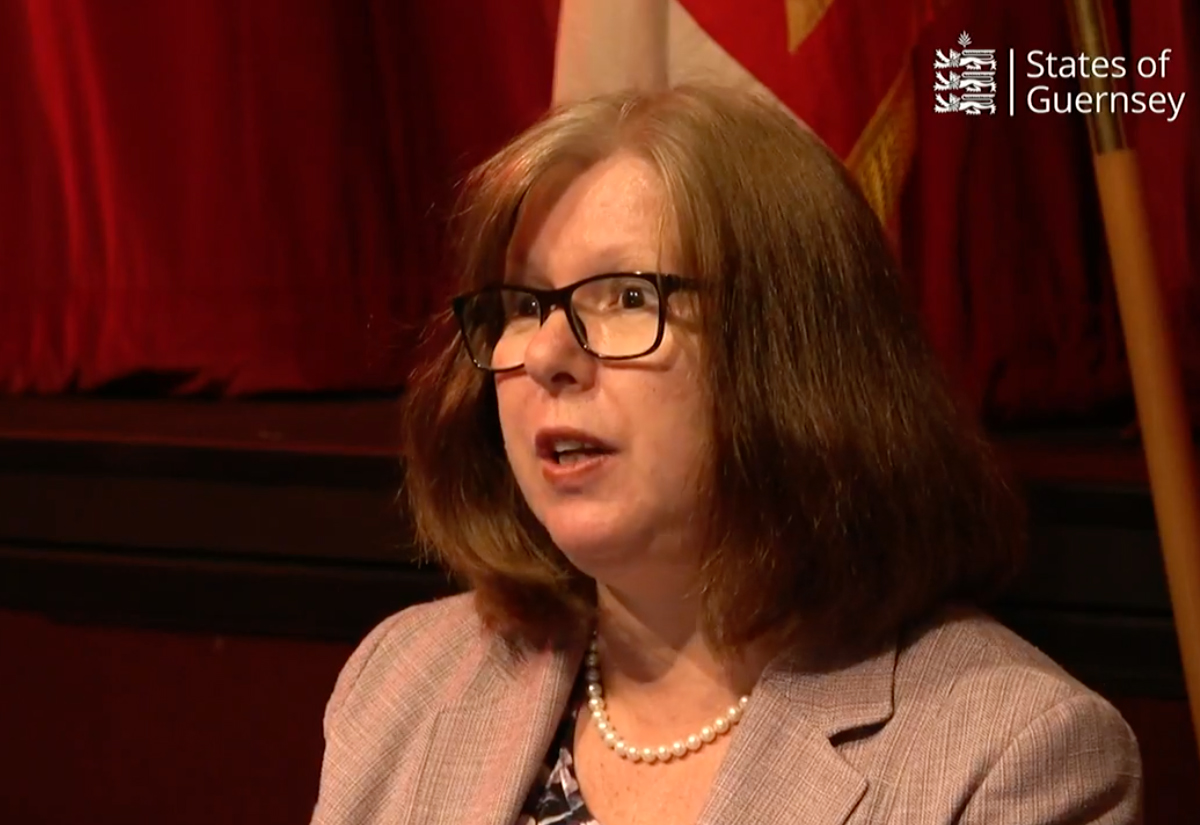


Just over one hundred years ago Guernsey’s then Medical Officer of Health wrote that “it is useless to advocate the prevention of disease and the rearing of future citizens, vigorous in both mind and body, if they are compelled to pass their lives in surroundings that make such conditions almost impossible”.
Dr Henry Draper Bishop consistently raised the issue of housing as a public health concern throughout his annual reports even as society was profoundly different then to what it is now.
“Decent homes” were a necessity for a healthy society in his view, and he said one of the most important duties of the job was to consider housing.
A century later Dr Nicola Brink, the latest person to hold the role, reaffirmed that commitment and recognised the continuing housing pressures: “I think everyone's concerned about housing.”
She added that while there have been “vast improvements” in treatments and health outcomes, “the issues of housing have remained a concern with successive [Medical Officer of Health] reports".
The current backdrop is that housing in Guernsey is the most unaffordable in western Europe, according to recent independent research commissioned by the States.
Inadequate housing is recorded to have a negative effect on people’s health, socio economic prospects and the ability to be domestic caregivers outside of the state.

Pictured: Dr Nicola Brink hopes housing will be one workstream recognised as having direct influence on health and wellbeing.
Housing forms one pillar of a ‘Health for All’ approach being advocated by public health services across the world, including locally, which requires a whole island response as many of the factors in lifestyle and environmental factors are outside the control of individuals and the healthcare sector.
One of Dr Brinks’ recent recommendations is to embed public health into policy development and programmes across both public and private organisations.
“We need to change our narrative from ill health as a burden to good health as an asset. And it crosses over so many things. If we have a healthy, vibrant population, people will be able to work longer, contribute socially and contribute economically,” she said.
“We need to say we want to promote and have a healthy population.”
Dr Brink would not be drawn on the suitability of the Policy & Resources Committees’ proposal to put the second phase of the hospital modernisation project, which is modelled to improve wait times and patient experience, on ice given that wider aspiration, however.
The latest Medical Officer of Health report does state that “housing is, of course, only one element that has been identified as having a significant impact on health, as well as relating to socioeconomic status. Other elements include pollution; access to green and open space; transport; food; and community participation/social isolation. All of these need to be optimised for all islanders to thrive”.
Other comparisons drawn from the healthcare landscape a hundred years ago include the Bailiwick's response to the Spanish Flu Pandemic where almost all public interventions for containment and care were non-pharmaceutical.
Covid-19 was managed instead through a combination of rapid antiviral medicines, vaccines and genetic sequencing and surveillance alongside non-pharmaceutical interventions. The latter was noted as being valuable in both pandemics to stop the spread.
Dr Brink said the need for relevant evidence to monitor and plan healthcare has not diminished across that period either.
Infant mortality, teenage pregnancy and the treatment and prevention of venereal diseases have all improved significantly since the 1920s. So has health inequality, particularly for women.
Comments
Comments on this story express the views of the commentator only, not Bailiwick Publishing. We are unable to guarantee the accuracy of any of those comments.